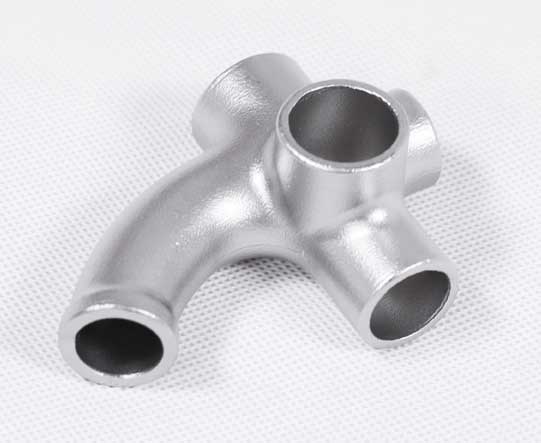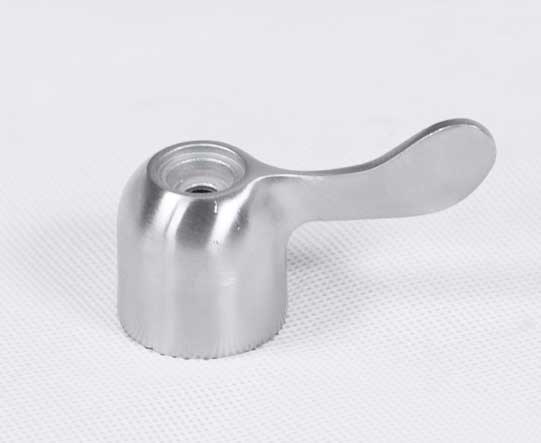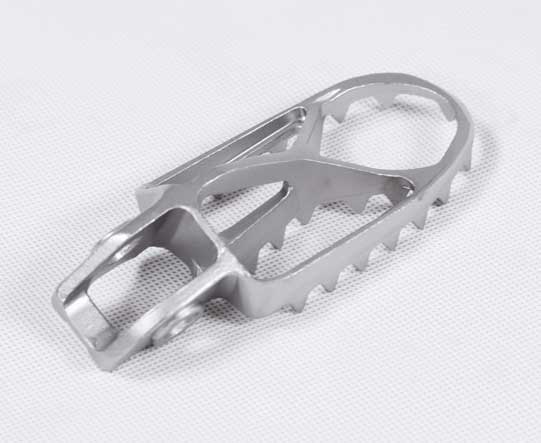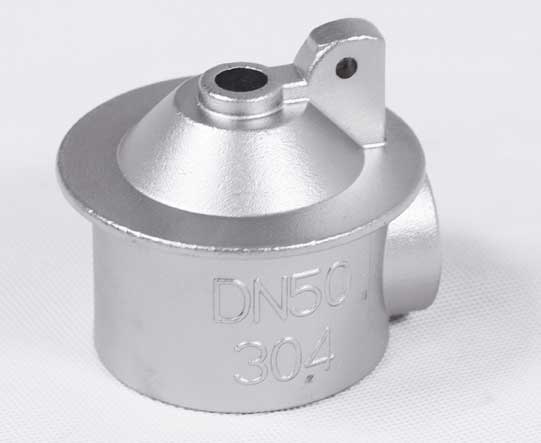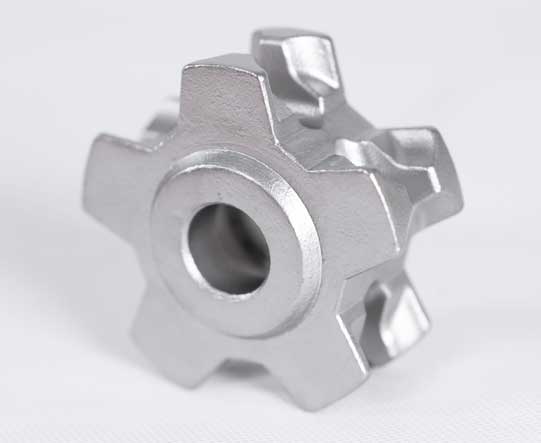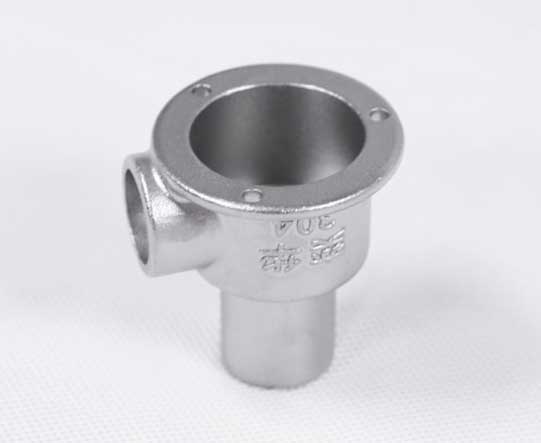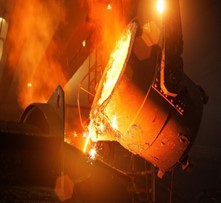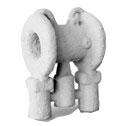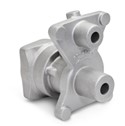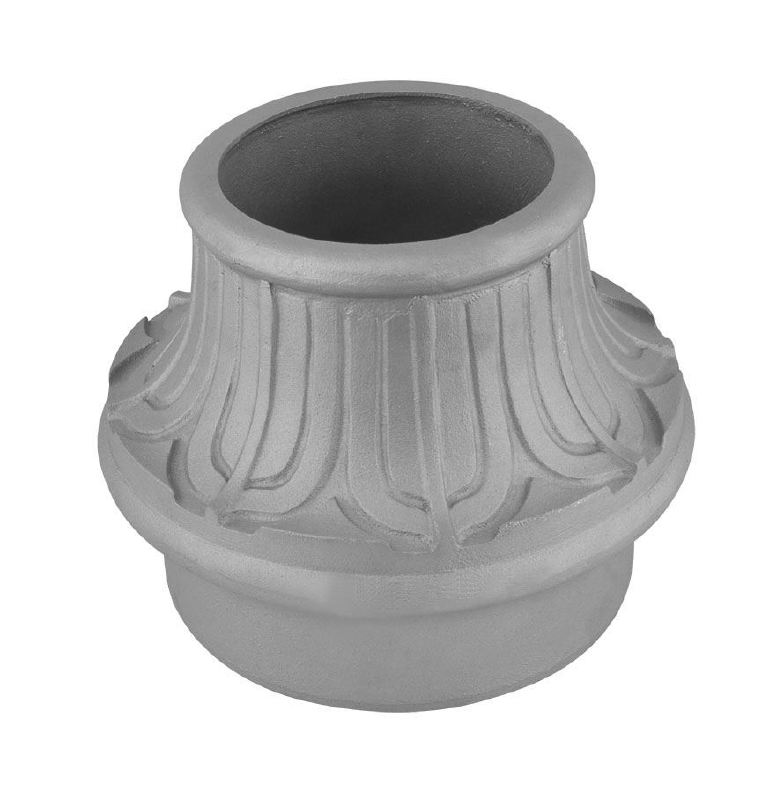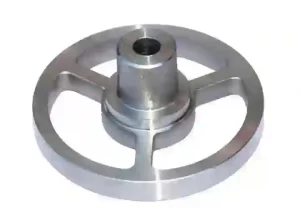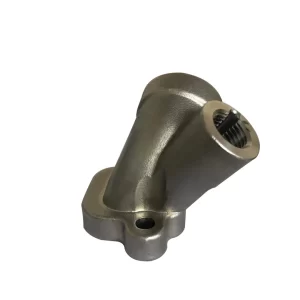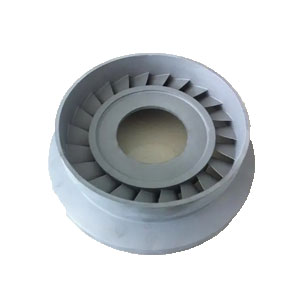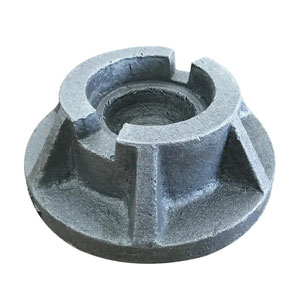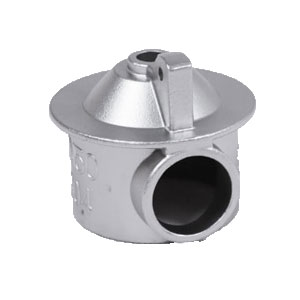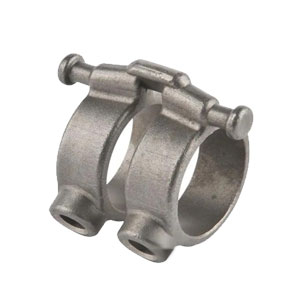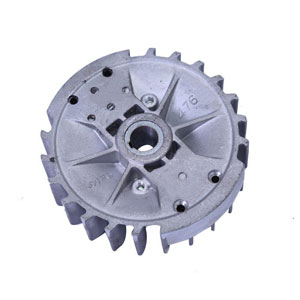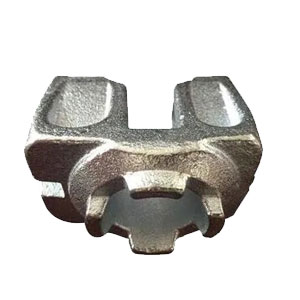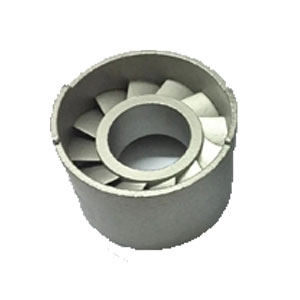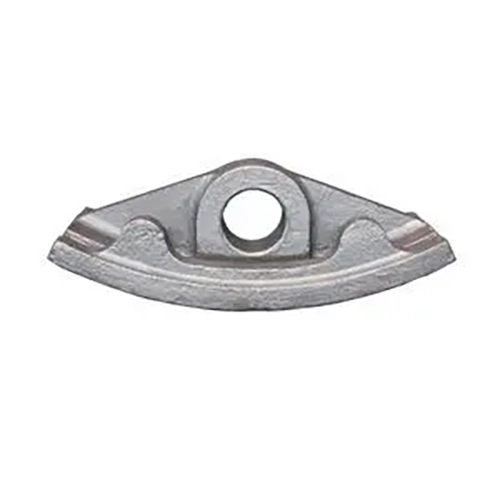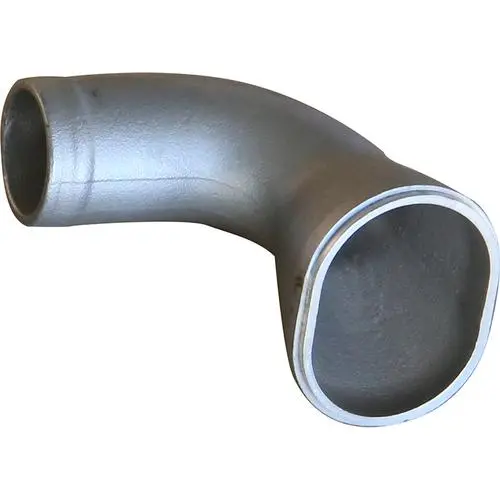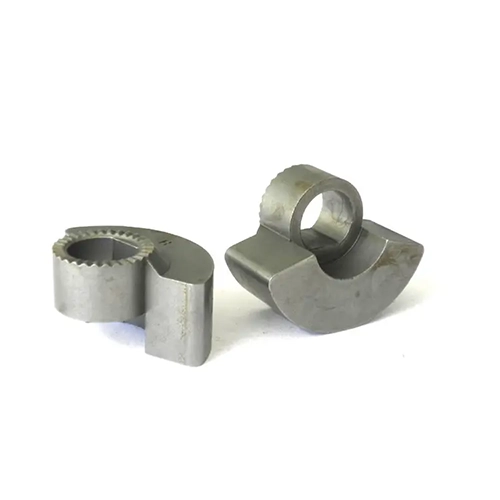A steel casting supplier is a specialized company dedicated to manufacturing and supplying steel castings to businesses across various industries. These suppliers, also known as steel casting manufacturers, utilize the steel casting process to create complex and intricate shapes, structures, and components. The process involves heating steel to its melting point and pouring it into molds, where it cools and solidifies into the desired form. Many casting parts prioritize steel for its strength and durability, making it ideal for applications such as handle castings, faucet castings, pulley castings, and pump castings, among others.
Steel casting suppliers in China possess the expertise, equipment, and materials necessary to produce high-quality steel castings that meet the specific needs of their customers. They work closely with clients to understand their requirements and offer customized solutions that are both cost – effective and efficient. By establishing strong relationships with their clients, these suppliers can ensure that the castings produced not only meet but often exceed expectations in terms of quality and performance.
In addition to manufacturing steel castings, reputable steel casting suppliers also provide a comprehensive range of services. These can include design support, engineering, tooling development, and finishing services. By offering these additional services, steel casting suppliers can guide clients through each stage of the production process, from initial concept to final product delivery. This full – service approach helps to streamline the manufacturing process, reduce costs, and ensure that the final product meets all specified requirements.
For businesses seeking reliable steel casting solutions, choosing a supplier with a proven track record in the foundry industry is essential. A qualified steel casting supplier should have the capability to handle orders of various sizes, from small batches to large – scale production runs. They should also be equipped with advanced quality control systems to maintain consistent standards across all their products.
By partnering with a trusted steel casting supplier, companies can access a wealth of experience and technical knowledge, ensuring that their steel casting projects are completed efficiently and to the highest standards. Whether for the automotive, construction, mining, or any other industry, the right steel casting service provider can make a significant difference in the success of a project.

